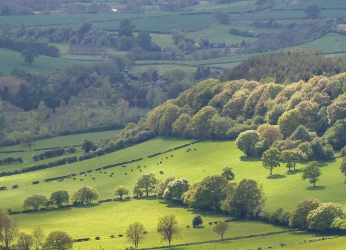News
Read our news and other articles relating to our activities. You can also find out what we’re up to by following @Forest_Research on Twitter or through the Forest Research Vimeo channel and our LinkedIn Page.
Read our news and other articles relating to our activities. You can also find out what we’re up to by following @Forest_Research on Twitter or through the Forest Research Vimeo channel and our LinkedIn Page.

The latest in our Climate Change Factsheet series have been published today, Wednesday 9th February. Aimed at practitioners, the factsheets showcase the breadth of research carried out by Forest Research…
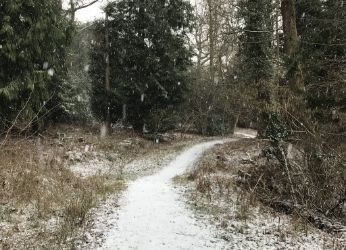
Research worker Lee Cooper has been recognised in the New Year’s Honours list. Based in North Yorkshire, Lee has been awarded a MBE for services to forestry. FR Board member…
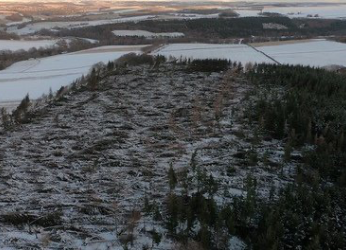
A new citizen science application has been launched to identify potential areas of windblown conifer trees following the devastating impact of Storm Arwen. Forest Research is working with Confor, the…
Visits to the UK’s woodlands boosts mental health and is estimated to save £185 million in treatment costs annually, our landmark report finds.
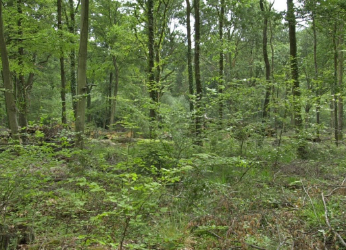
Diseases affecting different UK tree species have been shown to have a multiplying effect on the loss of associated biodiversity, new research by James Hutton Institute and partners in the UK and Portugal including Forest Research, has found.
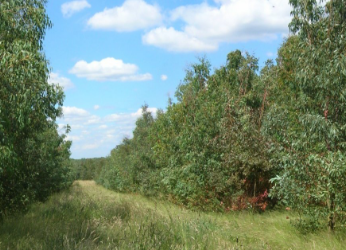
Forest Research has been successful in winning funding from the government’s Biomass Feedstocks Innovation Programme as part of a collaboration led by Forest Creation Partners (FCP). The partnership will use geospatial data science to identify optimal planting sites for forestry-based biomass production.

Expert Committee on Forest Science Welcomes New Member Professor Darren Evans
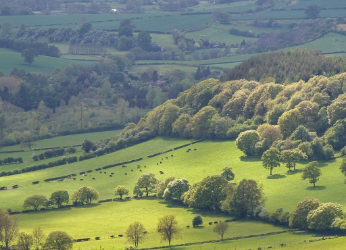
Earlier this month UK Research and Innovation (UKRI) announced the successful Treescapes research bids. Forest Research has secured participation in three of the funded projects.
A research project has been launched to help tackle the biodiversity crisis by identifying how the UK’s most precious woodland and meadow habitats can be successfully restored by looking at how all the different plants, animals and other organisms in ecosystems work together.
Forest Research reports a record number of tree pest and disease enquiries.
